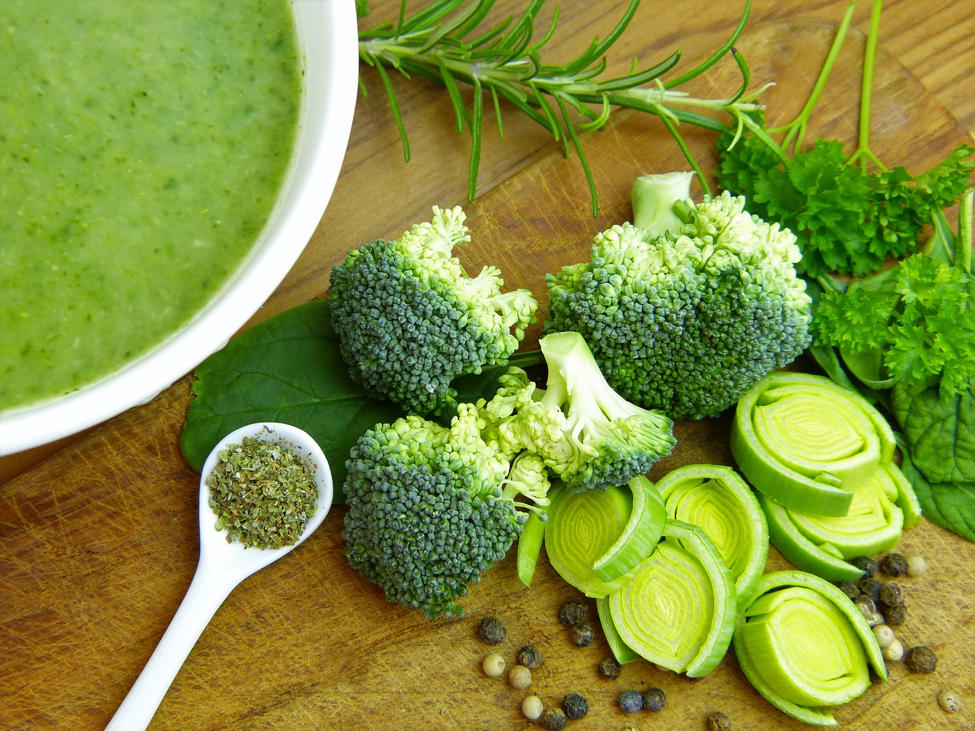If you’ve ever gone to the doctor and have been told you need to incorporate more fiber into your diet, you’re not alone.
In fact, many people who have experienced…
- Constipation
- Intestinal pain
- High blood sugar
- Weight gain
- Diet-related nausea
…are experiencing these issues due to a low-fiber intake.
What is fiber, why is it important for your health, and what type of fiber should you eat?
Keep reading to find out…
What Is Fiber?
Dietary fiber is a plant-based nutrient.
Technically, fiber is classified as a carbohydrate. However, unlike other carbs, it cannot be broken down into digestible sugar molecules.
There are two types of fiber–soluble and insoluble.
Soluble fiber is able to dissolve in water. Some people mix soluble fiber into their drinks in order to increase their fiber intake.
In soluble form, this fiber can help decrease the body’s blood sugar levels and lower blood cholesterol.
Insoluble fiber on the other hand is consumed in its natural form. For example, you might eat a bowl of broccoli to get your daily serving of insoluble fiber.
Unlike soluble fiber, insoluble fiber speeds up the passage of food through the digestive system, which relieves constipation.
The Health Benefits of Eating a Fiber-Rich Diet
As we’ve already mentioned above, fiber is an essential nutrient that’s needed to keep the body healthy.
Here’s a more in-depth overview of what it can do…
Improve Digestion
The most common benefit of fiber that people talk about is helping with digestion.
Stay hydrated and take a daily dose of fiber, and it should help get rid of any problems you’re having that are associated with constipation.
Aside from relieving constipation, it can also help you maintain colorectal health and reduce your risk of developing hemorrhoids or diverticulitis.
Manage Blood Sugar Regulation
People often end up with high blood sugar due to eating too many calories and not enough fiber.
Fibrous foods help your fill up faster. This can lead to consuming less calories, and therefore, lowering your blood sugar levels.
Enhance Weight Control
As we just mentioned, fiber makes you feel full.
Eat enough fiber, and it will help you cut back on eating too many calories. Over time, this will help you manage your weight and quit overeating.
Lower Cholesterol
Your digestive process requires bile acids. These are made partly with cholesterol.
Improve your digestion with fiber, and your liver pull more cholesterol from the blood to create more bile acid.
This process reduces the amount of LDL cholesterol in your body.
Curb Allergies
The gut controls your body’s immune system.
When your intestinal health is poor, it’s more likely that you’ll suffer from allergies, as well as other illnesses.
Help heal your gut with a fiber-rich diet, and your intestinal walls will have an easier time protecting your body.
Fiber-Rich Foods You Should Add into Your Meal Plan
Thankfully, there are a lot of foods that are full of fiber–many of which you may already enjoy eating.
Check out the following list to see what I recommend…
- Almonds
- Lentils
- Split peas
- Pears
- Bananas
- Avocados
- Broccoli
- Prunes
- Blackberries
- Apples
- Chickpeas
- Flax
- Sweet potatoes
- Carrots
- Yogurt
- Figs
Certainly, there are a ton more foods you can choose from.
Do a quick Google search, and I’m sure you’ll be able to find additional food ideas to incorporate into your fiber-friendly diet.
After reading this blog, it should be clear that fiber is important for maintaining gut health.
But, why is gut health so important? Read my recent post, Digestive System Mechanics: Why Your Health Is Dependent on a Healthy Gut to find out now!





